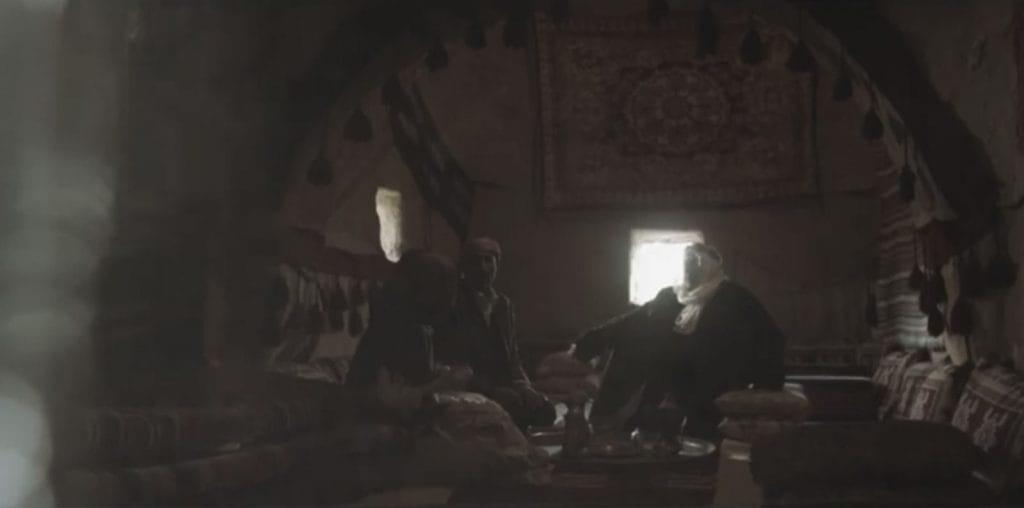
Marshall Islands-based filmmakers Jack Niedenthal and Suzanne Chutaro have created a provocative and moving drama that weaves three stories of loss and rue into a memorable work of art.
The elderly Jebuki is the patriarch of a fractured family. Forcibly evacuated from Bikini Atoll prior to the atomic weapons testing in 1950s, he has lived in an uneasy exile on Ejit Island in the Marshall Islands. In his old age, he finds himself in financial straits and with recurring chest pains.
Jebuki is also the custodian of Kali, his 10-year-old granddaughter. Kali’s bickering parents have separated, with her father moving away to find work while her mother immigrates to the U.S. with Kali’s beloved sister. Kali’s sorrow causes her health to deteriorate, and Jebuki desperately tries to revive her well-being by summoning Worejabato, an ancient deity from Bikini Atoll.
Then there is an amnesiac American who fell overboard from a private yacht and washes up on the Ejit Island beach. Unable to recall his name, he is dubbed “George Bush” by Kali. But what connection does this stranger have to Jebuki’s call for Worejabato’s help, and why are yacht owners who lost this man at sea so eager to see him put in the local jail?
Niedenthal and Chutaro brush across profound emotional issues – family disintegration, isolation, loss of self-identity and homeland, and the embrace of faith when man-made solutions fail – and plumb their territory with a low-keyed sensitivity that echoes the classic works of Satyajit Ray. Although the cast is made up of nonprofessionals, the ensemble is first-rate, with standout work by 10-year-old Salome Fakatou as Kali and Banjo Joel as Jebuki.
The film does have a few wobbles – particularly in a weird fantasy sequence involving Worejabato and a pair of unpleasant conjoined twins – but, on the whole, this small and remarkable film is one of the year’s most engaging under-the-radar gems.

